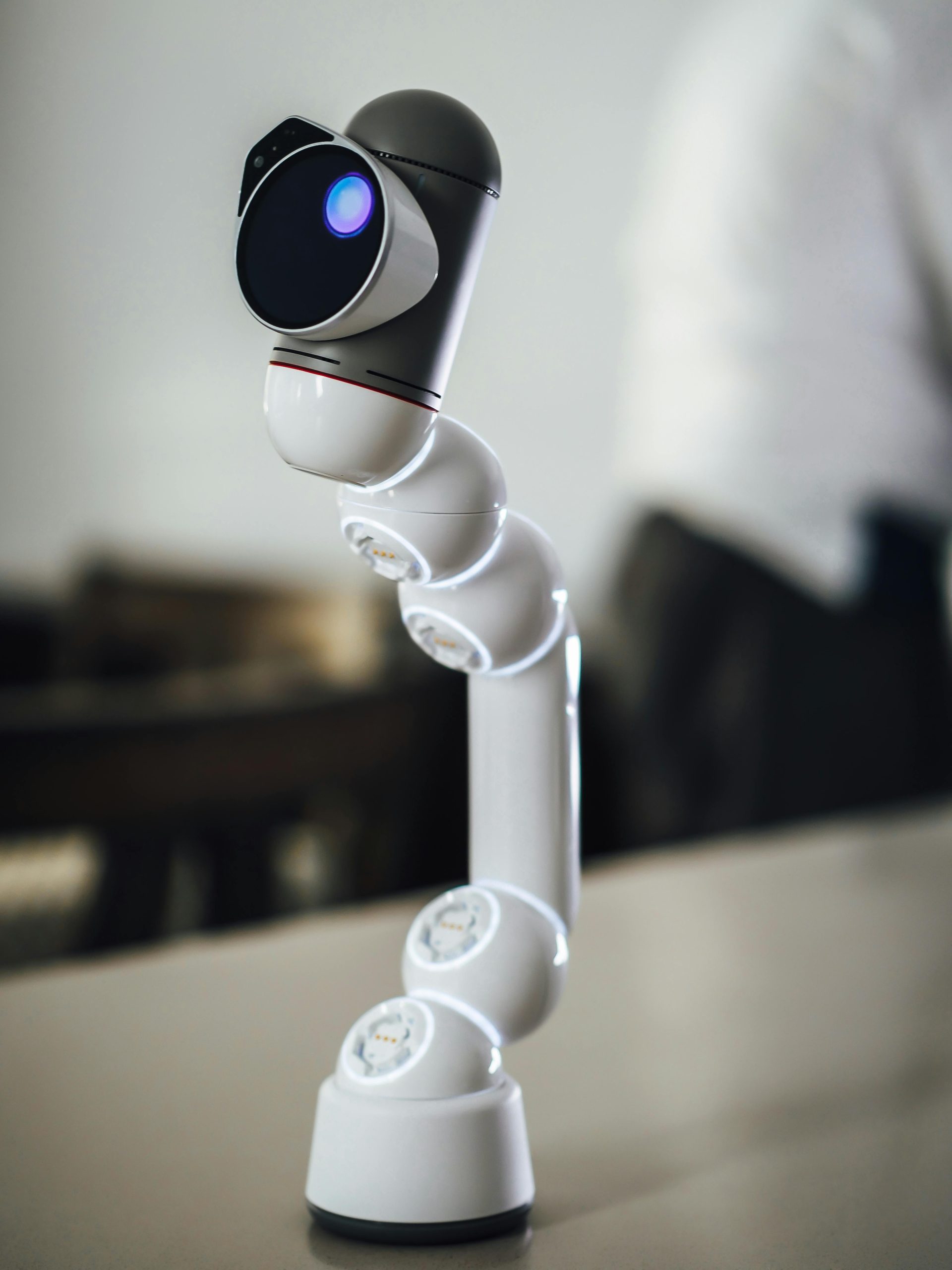AI: The Billionaires’ Latest Obsession as Wealth Continues to Grow
The Growing Influence of AI in Business: Profit Over Progress?
In today’s corporate landscape, the surge toward replacing human labor with artificial intelligence and robotics is often portrayed as a technological leap forward. However, beneath the surface, this trend appears to be primarily driven by financial motives. The goal is to maximize profits for the wealthiest elites, rather than fostering genuine innovation or societal benefit.
Currently, AI operates in a manner often summarized as GIGO—Garbage In, Garbage Out. This underscores a fundamental flaw: the reliance on vast amounts of data to supposedly improve AI performance. Many believe that feeding more data will help machines filter out inaccuracies and learn more effectively. Unfortunately, larger datasets filled with flawed or irrelevant information rarely lead to smarter outcomes; instead, they often amplify existing biases and errors.
If the aim truly was to craft truly intelligent systems, we wouldn’t see them built on the cheap by contractors under tight budget constraints, nor designed solely by a small cadre of billionaires. Instead, development would involve the brightest minds and top-tier programmers—those capable of pushing the boundaries of innovation, not just reducing costs.
Take, for example, Elon Musk’s creation, Grok. While Musk undoubtedly possesses considerable intellect, his ventures often blend entrepreneurial flair with a touch of snake oil. Should future generations look up to such figures as pioneers of genuine intelligence? Or are they more of a reflection of technological hype designed to serve current economic interests?
This perspective isn’t merely speculative; it raises questions about the motives behind AI development. Is there meaningful foresight involved, or are decisions primarily influenced by the desire of the wealthy to diminish human roles in the workforce? We see glimpses of this in political circles, where short-term incentives—such as cash payouts—result in regulatory delays or loopholes that hinder oversight of AI for years to come.
Much like the hollowing out of American manufacturing through offshoring and exploitative labor, a similar process is unfolding globally with the shift toward artificial intelligence. While automation promises efficiency, it risks stripping away the human element and eroding societal structures if driven solely by profit motives.
In conclusion, the rise of AI, under current narratives, seems less about technological progress and more about consolidating wealth and power—often at the expense of the collective good. As we navigate this new frontier, it’s crucial to consider who truly benefits and to advocate for responsible, inclusive development that prioritizes human well-being over the relentless pursuit of profit.














Post Comment